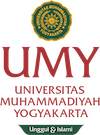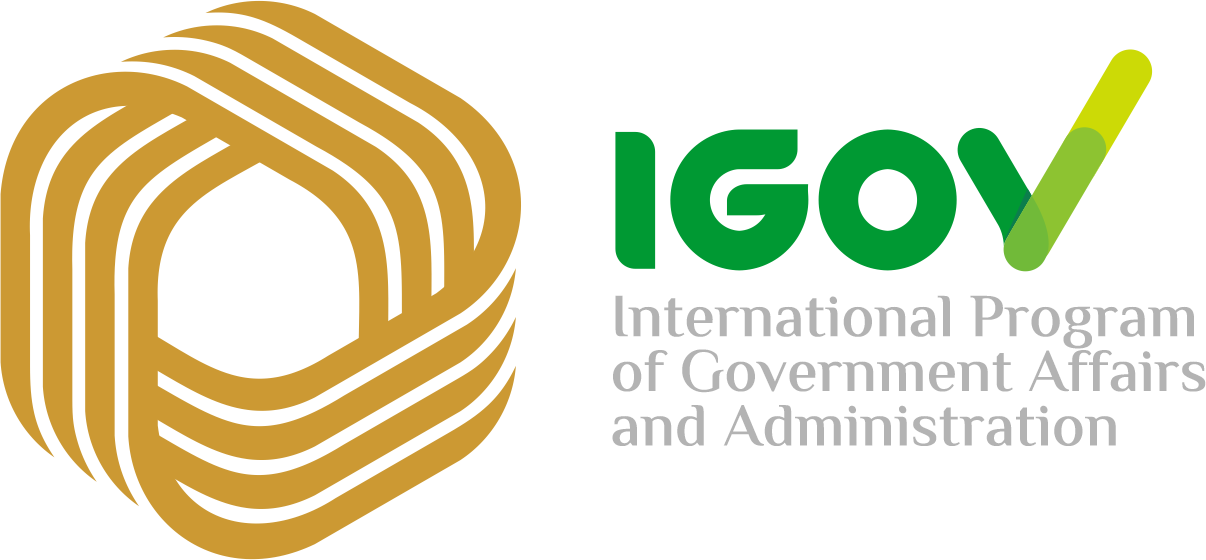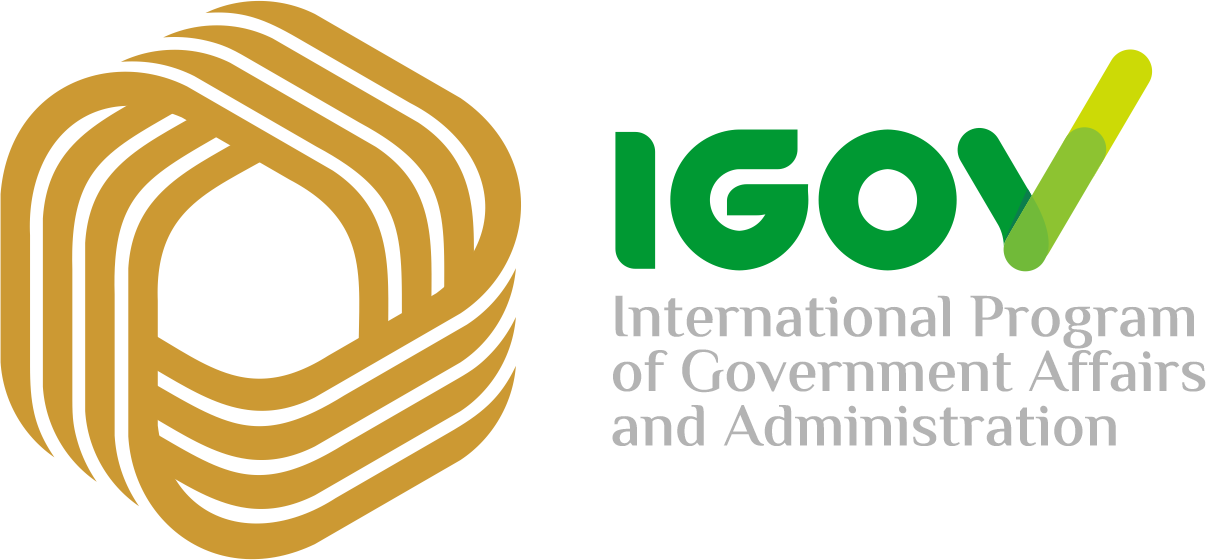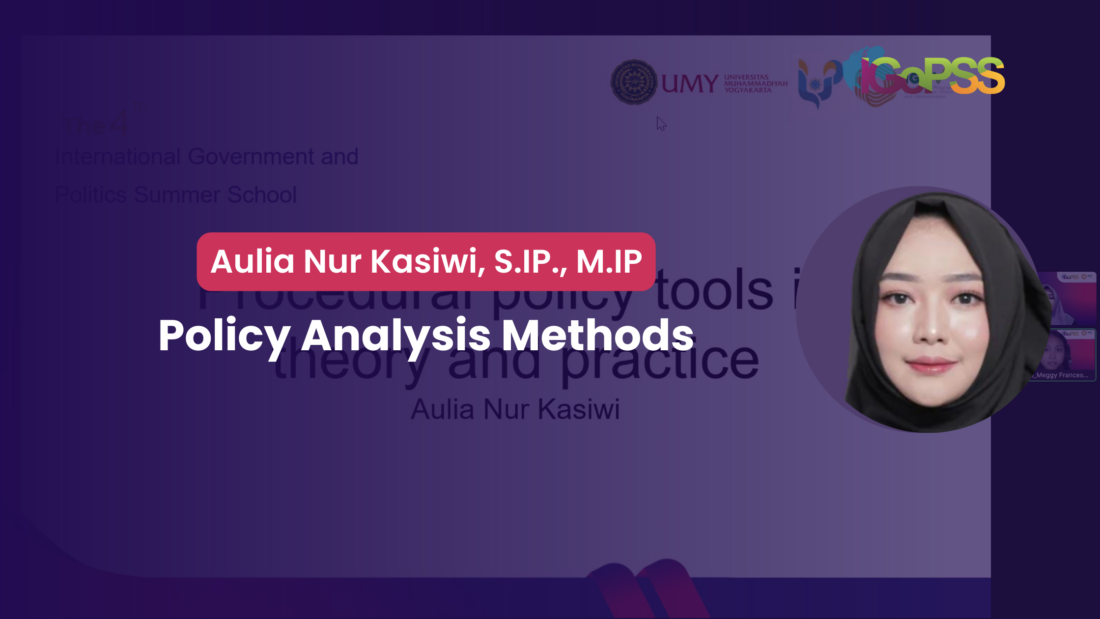Yogyakarta, 29 July 2029. On the third day of the International Government and Political Science Symposium, attendees were treated to an enlightening session on “Policy Analysis in Method” conducted by the esteemed Aulia Nur Kasiwi, S.IP., M.IP. Aulia Nur Kasiwi, a distinguished scholar in the field of policy analysis, engaged participants in a thought-provoking discussion on various theoretical approaches.
Under the skillful moderation of Fauzia Nauri Qisty, the session kicked off with the title “Policy Analysis in Method,” focusing on three fundamental categories of theories used in policy analysis:
1. Theories as Nets: Aulia Nur Kasiwi delved into the concept of viewing theories as nets. These are theoretical frameworks that attempt to capture and understand complex policy issues by analyzing various interconnections and relationships within a policy problem. By employing this method, policymakers and analysts can identify the intricate web of factors influencing a particular policy area, leading to more comprehensive and effective policy solutions.
2. Theories as Lenses: The second category discussed by the speaker was theories as lenses. In this approach, theoretical perspectives serve as lenses through which policymakers and analysts can view and interpret policy issues. Each theoretical lens offers a unique viewpoint, enabling a more nuanced understanding of the policy problem at hand. By adopting multiple lenses, analysts can gain valuable insights into the multifaceted nature of public policy.
3. Theories as Maps: Lastly, Aulia Nur Kasiwi elaborated on theories as maps. Similar to how maps guide travelers through unfamiliar territories, policy theories as maps provide a systematic and structured framework to navigate the complexities of policy development and implementation. These theoretical maps help policymakers chart their course and make informed decisions based on a clear understanding of the policy landscape.
The session proved to be intellectually stimulating, drawing participants from various disciplines related to policy research, including political science, economics, public administration, governance, and social welfare studies. It became evident that policy instruments and their analysis have gained significant attention across these disciplines, reflecting their crucial role in shaping public policies and governance.
Aulia Nur Kasiwi’s expertise in the subject matter and engaging presentation style captivated the audience throughout the duration of the session. Participants left with a deeper appreciation for the importance of theory in policy analysis and its potential to guide evidence-based decision-making.
As the third day of the symposium came to a close, attendees eagerly looked forward to the subsequent sessions, hoping to gain further insights from leading experts in the field of international government and political science. The event continues to serve as an enriching platform for academic exchange and collaborative discussions on pressing global challenges and policy solutions.




